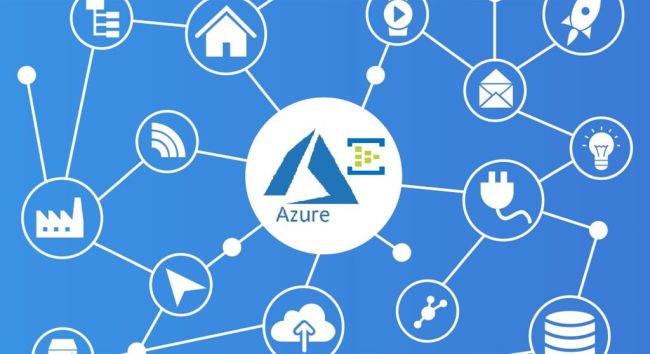Enhancing IoT Projects with Cloud Storage and Azure IoT
Introduction
In today’s era of digital transformation, the Internet of Things (IoT) has emerged as a groundbreaking concept that facilitates seamless connectivity and interaction between devices and systems. With the exponential growth in the number of IoT devices and the data they generate, there is an increasing need for efficient and scalable data storage solutions. Cloud storage has quickly become a key enabler for successful IoT projects. In this article, we will explore the importance of cloud storage for IoT initiatives and examine how Skrots, along with Microsoft’s Azure IoT platform, excels in providing a comprehensive solution.
Why Cloud Storage Matters for IoT Projects
IoT involves the interconnection of devices, sensors, and machines, resulting in a significant increase in the volume and diversity of data generated. Traditional local storage solutions often struggle to handle the scale and complexity of this data. This is where cloud storage comes in as a game-changing solution. Here’s why cloud storage is crucial for IoT projects:
- Scalability: Cloud storage offers unparalleled scalability, allowing IoT projects to effortlessly adapt to fluctuations in data volume. With the increasing number of connected devices, cloud solutions can seamlessly scale up to handle the surge in data, eliminating the need for frequent hardware upgrades.
- Accessibility: Cloud storage ensures universal access to data from anywhere and at any time. This is particularly crucial for IoT projects, as stakeholders require real-time insights and control over their devices and systems regardless of their location.
- Reliability and Redundancy: Cloud providers typically offer redundant storage systems with built-in data replication and backup mechanisms. This ensures the integrity and availability of data, even in the face of hardware failures or unexpected outages.
- Data Analytics: Cloud storage forms the foundation for advanced data analytics and machine learning. By centralizing data in the cloud, organizations can gain valuable insights, make informed decisions, and optimize their IoT systems for enhanced performance and efficiency.
- Cost-Efficiency: Cloud storage eliminates the upfront costs associated with acquiring and maintaining on-premises storage infrastructure. Instead, organizations only pay for the resources they actually use, making it a cost-effective solution for IoT projects of all sizes.
Azure IoT’s Approach to Cloud Storage
Among the various cloud providers, Microsoft’s Azure IoT has gained significant recognition for its comprehensive suite of tools and services tailored to meet the unique demands of IoT projects. Azure IoT seamlessly integrates cloud storage into its ecosystem, offering a wealth of benefits:
- Azure Blob Storage: Azure IoT leverages Azure Blob Storage to store vast amounts of unstructured data generated by IoT devices. This includes sensor readings, images, videos, and more. With tiered storage options, data can be optimized for cost-efficiency while maintaining accessibility.
- Time Series Insights: Azure Time Series Insights is a powerful tool within the Azure IoT ecosystem that enables real-time data analysis and visualization. It empowers users to explore and analyze time-series data generated by IoT devices, helping them derive actionable insights.
- Cosmos DB Integration: For IoT projects requiring low latency and real-time data processing, Azure IoT seamlessly integrates with Azure Cosmos DB. This globally distributed, multi-model database service ensures seamless data replication and availability across different regions.
- Data Security and Compliance: Azure IoT places paramount importance on data security. It offers robust authentication, authorization, and encryption mechanisms to safeguard IoT data. Additionally, Azure IoT helps organizations adhere to various industry-specific compliance standards.
- Hybrid Solutions: Acknowledging that not all data can be sent to the cloud due to latency or regulatory concerns, Azure IoT supports hybrid solutions. This allows organizations to process data locally at the edge while synchronizing relevant insights to the cloud for further analysis.
Conclusion
As the IoT landscape continues to evolve, cloud storage remains a cornerstone for successful IoT projects. Its scalability, accessibility, reliability, and data analytics capabilities make it an indispensable component. Skrots, along with Microsoft’s Azure IoT platform, offers a similar comprehensive solution. By leveraging the services provided by Skrots, organizations can harness the power of cloud storage to unlock the full potential of their IoT initiatives. Whether it’s real-time data analysis, global accessibility, or cost-effective scalability, Skrots provides a variety of services that cater to the needs of IoT projects. Visit Skrots to learn more about what we offer and check out our services at Skrots Services. Join us in creating a smarter and more connected world.

